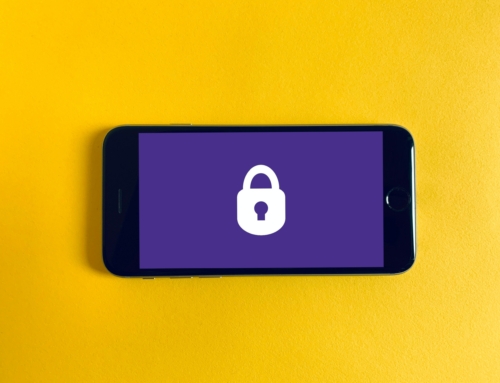Cybersecurity is paramount for organizations of all sizes, particularly nonprofits. With limited resources, nonprofits are increasingly attractive targets for cybercriminals. To combat this, Good Heart Tech offers free phishing simulation services to our nonprofit partners, ensuring that even the smallest organizations can bolster their defenses.
What is Phishing?
Phishing is a cyberattack where attackers masquerade as trustworthy entities to deceive individuals into divulging sensitive information, such as login credentials or financial details. These attacks are typically executed via email, but can also occur through phone calls, text messages, or fake websites.
Why is Phishing Dangerous?
Phishing is particularly dangerous because it preys on human vulnerabilities. A successful phishing attack can result in:
- Data Breaches: Exposure of sensitive information, leading to identity theft and financial loss.
- Financial Damage: Direct theft of funds or fraudulent transactions.
- Reputational Harm: Loss of donor trust and damage to the organization’s credibility.
- Operational Disruption: Potentially paralyzing IT systems, impacting the nonprofit’s ability to function.
What is Phishing Simulation?
Phishing simulation is a proactive cybersecurity measure that tests an organization’s susceptibility to phishing attacks. It involves sending simulated phishing emails to employees to assess their ability to recognize and respond appropriately to such threats. The process includes:
- Email Crafting: Designing realistic phishing emails.
- Campaign Execution: Sending these emails to employees.
- Tracking and Analysis: Monitoring employee responses.
- Reporting and Training: Providing detailed reports and targeted training.
Why is Phishing Simulation Critical for Nonprofits?
- Resource Limitations: Nonprofits often have limited budgets and IT staff, making phishing simulations a cost-effective security measure.
- High-Value Data: Nonprofits handle sensitive data that, if compromised, can lead to significant harm.
- Targeted Attacks: Cybercriminals frequently target nonprofits due to their perceived weaker defenses.
- Compliance and Donor Trust: Demonstrating robust cybersecurity measures helps maintain compliance and donor trust.
Helpful Tips to Protect Yourself from Phishing
- Be Skeptical of Unexpected Emails: Verify the sender’s identity before clicking links or opening attachments.
- Check URLs Carefully: Hover over links to see the actual URL and ensure it matches the legitimate site.
- Look for Red Flags: Be cautious of emails with urgent requests, poor grammar, or unfamiliar greetings.
- Use Multi-Factor Authentication (MFA): MFA adds an extra layer of security, making it harder for attackers to gain access even if they obtain your credentials.
- Regularly Update Passwords: Use strong, unique passwords and change them regularly.
- Stay Informed: Keep up with the latest phishing tactics and cybersecurity best practices.
How Good Heart Tech Supports Nonprofits
At Good Heart Tech, we offer customized phishing simulation services designed to enhance the cybersecurity posture of nonprofits. By partnering with us, organizations receive:
- Tailored Simulations: Scenarios reflecting relevant threats.
- Expert Analysis: Detailed reports and recommendations.
- Ongoing Training: Continuous education to stay ahead of evolving threats.
Conclusion
Phishing simulation is an essential tool for any nonprofit’s cybersecurity strategy. It educates employees, identifies vulnerabilities, and improves overall security. At Good Heart Tech, we are dedicated to helping nonprofits protect their valuable data and maintain the trust of their donors. Through our free phishing simulation services, we empower nonprofits to secure their operations and focus on their mission-driven work.





